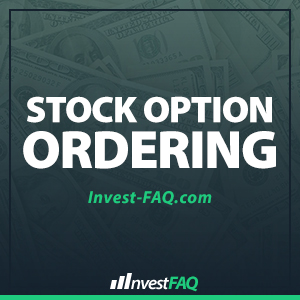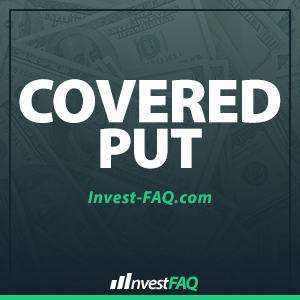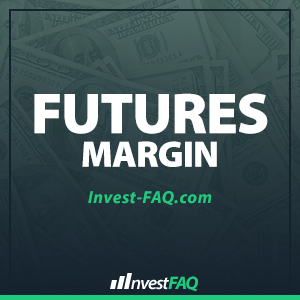When you are dealing in options, order entry is a critical factor in getting good fills. Mis-spoken words during order entry can lead to serious money errors. This article discusses how to place your order properly, and focuses on the simplest type of order, the straight buy or sell. There is a set sequence of
What is a Covered Put?
A covered put is a stock put option that is written (i.e., created and sold) by a person who also is short (i.e., has borrowed and sold) a sufficient number of shares of the stock to cover the option if necessary. In most cases this means that the put writer is short at least 100
What is a Covered Call?
A covered call is a stock call option that is written (i.e., created and sold) by a person who also owns a sufficient number of shares of the stock to cover the option if the option is called. In most cases this means that the call writer owns at least 100 shares of the stock
What are Stock Options?
A stock option is a contract between a buyer and a seller. The option is connected to something, such as a listed stock, an exchange index, futures contracts, or real estate. For simplicity, this article will discuss only options connected to listed stocks. Just to be complete, note that there are two basic types of
What are Single Stock Futures?
A single-stock future is a contract to buy or sell 100 shares of a single stock on a future date at a price locked in when the contract is established. A single-stock future (SSF) falls in the category of Securities Futures, together with futures on ETFs and narrow index (two to nine stocks) futures. This
What are Futures Markets?
Where to Buy and Sell Futures Here is a list of US futures markets where derivatives are traded in the United States. CBOE – The Chicago Board Options Exchange CBOT – (h The Chicago Board of Trade CME – (The Chicago Mercantile Exchange KCBT – Kansas City Board of Trade ICE – The Intercontinental Exchange MGEX – Minneapolis
What is a Futures Margin?
Commodity margins are good faith deposits which guarantee performance of futures contracts. Margins are normally set as a percentage of the full value of the contracts because futures transactions contemplate physical delivery or receipt of the underlying commodities at some later date. Initial margin is the amount of money which a customer must deposit in
What is Futures Fair Value?
In the case of futures on equity indexes such as the S&P 500 contract, it is possible to make a careful computation of how much a futures contract should cost (in theory) based on the current market prices of the stocks in the index, current interest rates, how long until the contract expires, etc. This
What is Futures Delivery?
All outstanding futures contracts must be settled either by offsetting transactions or delivery of the underlying commodities. It has been estimated that approximately 3% of all transactions are actually settled by a customer making or taking delivery of physical commodities. Futures Delivery TermsContents Each contract market decides which type of delivery notice will be used
What is a Crack Spread?
A crack spread is the difference between crude oil, gasoline, and heating oil prices. Refiners produce or buy crude oil and sell the petroleum products. The crack spread defines the value added by the refining operation. In analysis of the spread there are 3 standard spreads to work from. The 5-3-2 spread reflects 5 barrels










